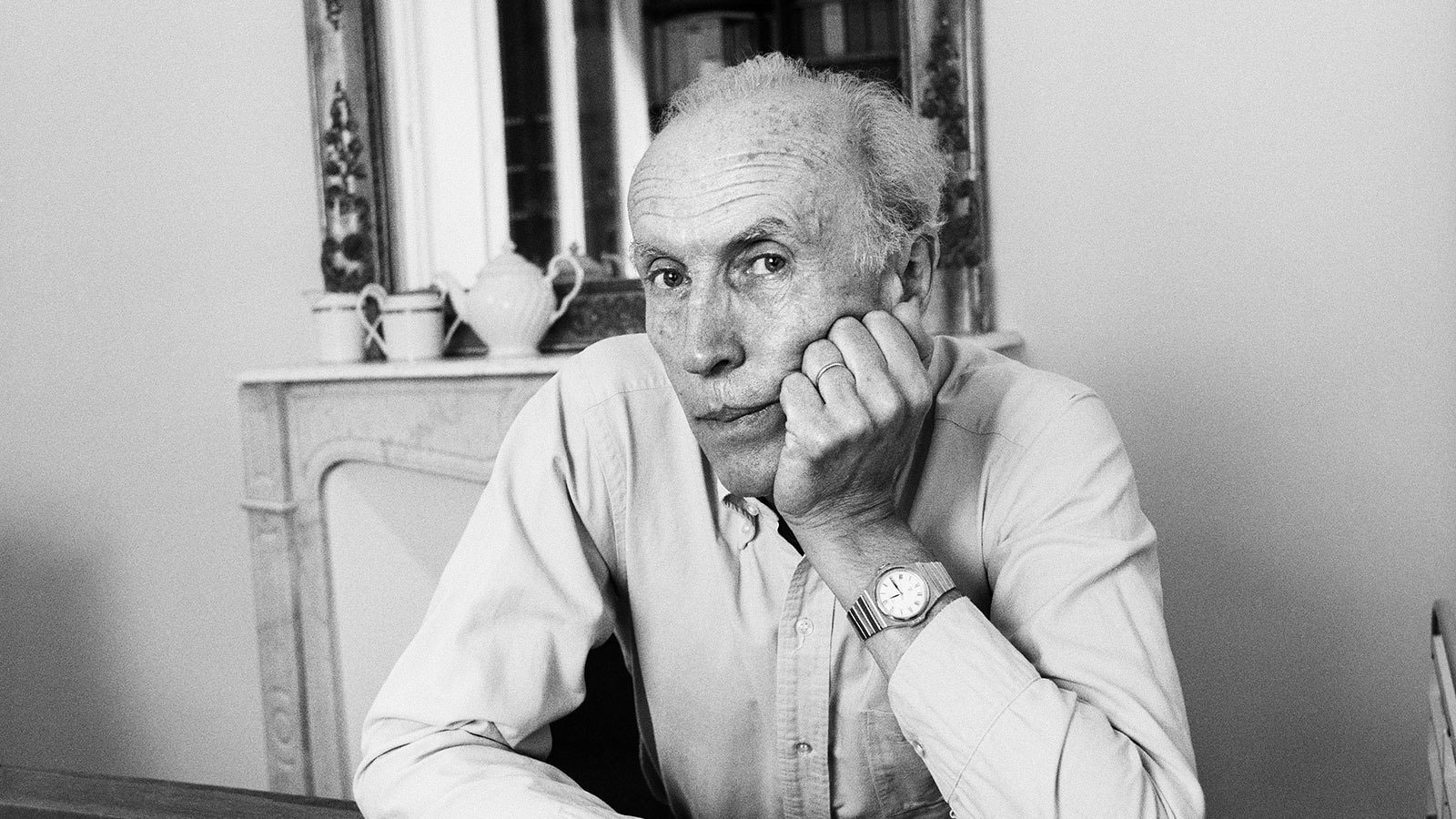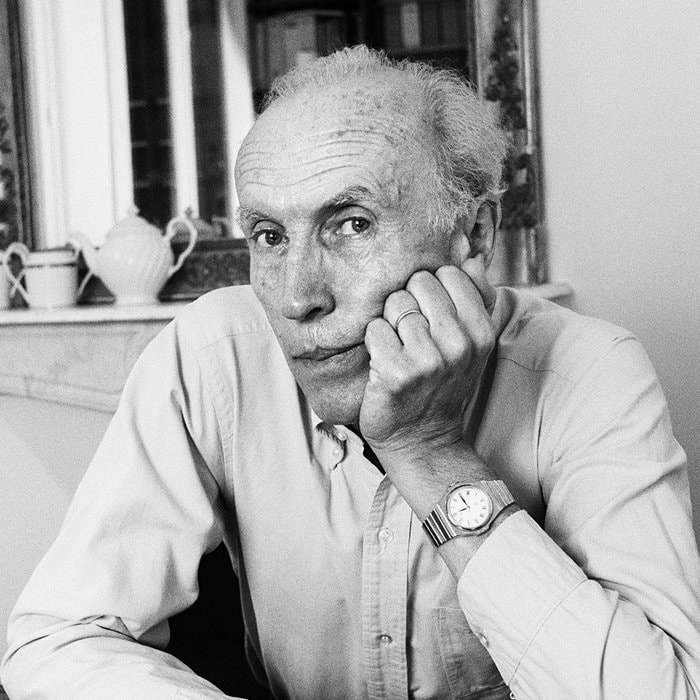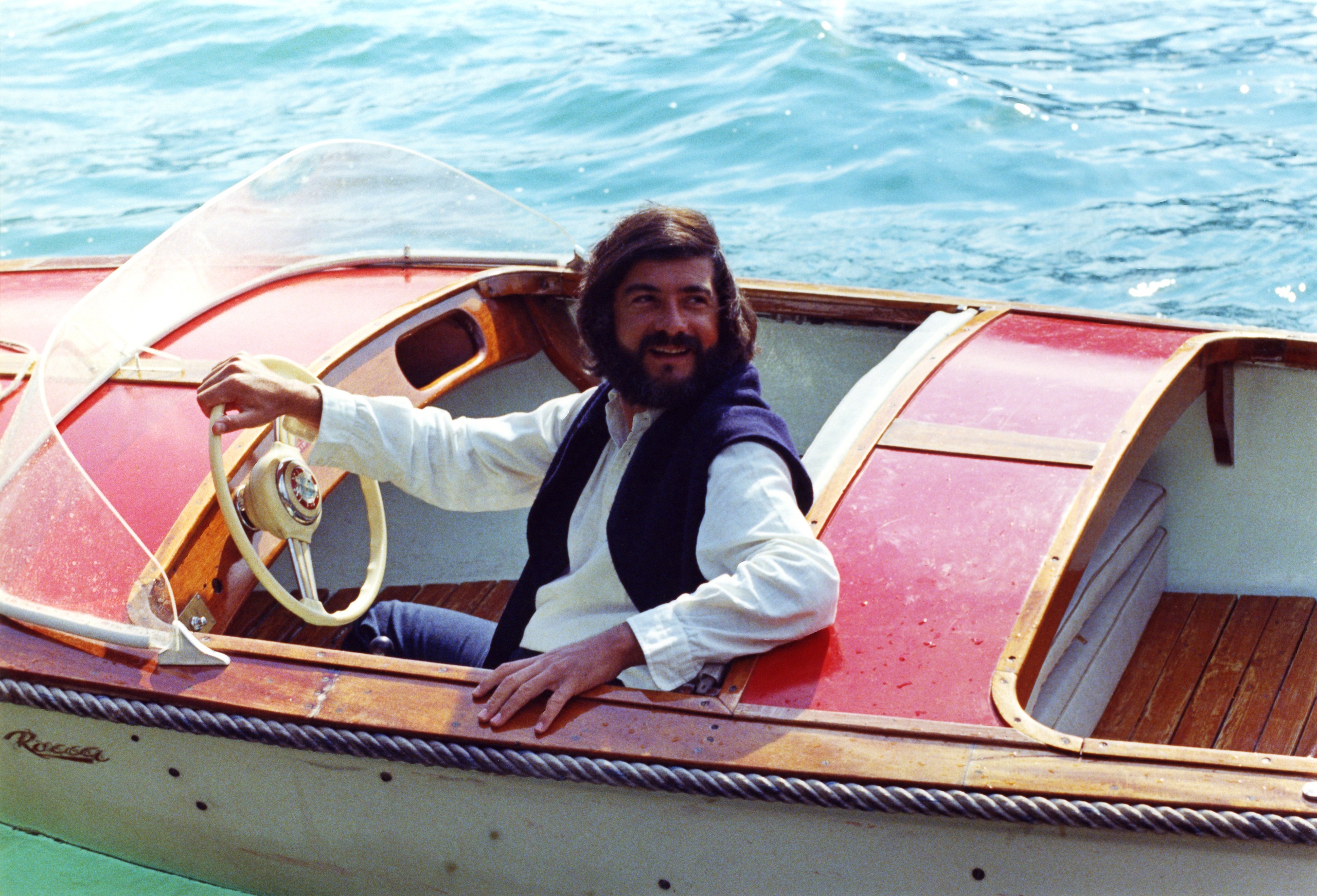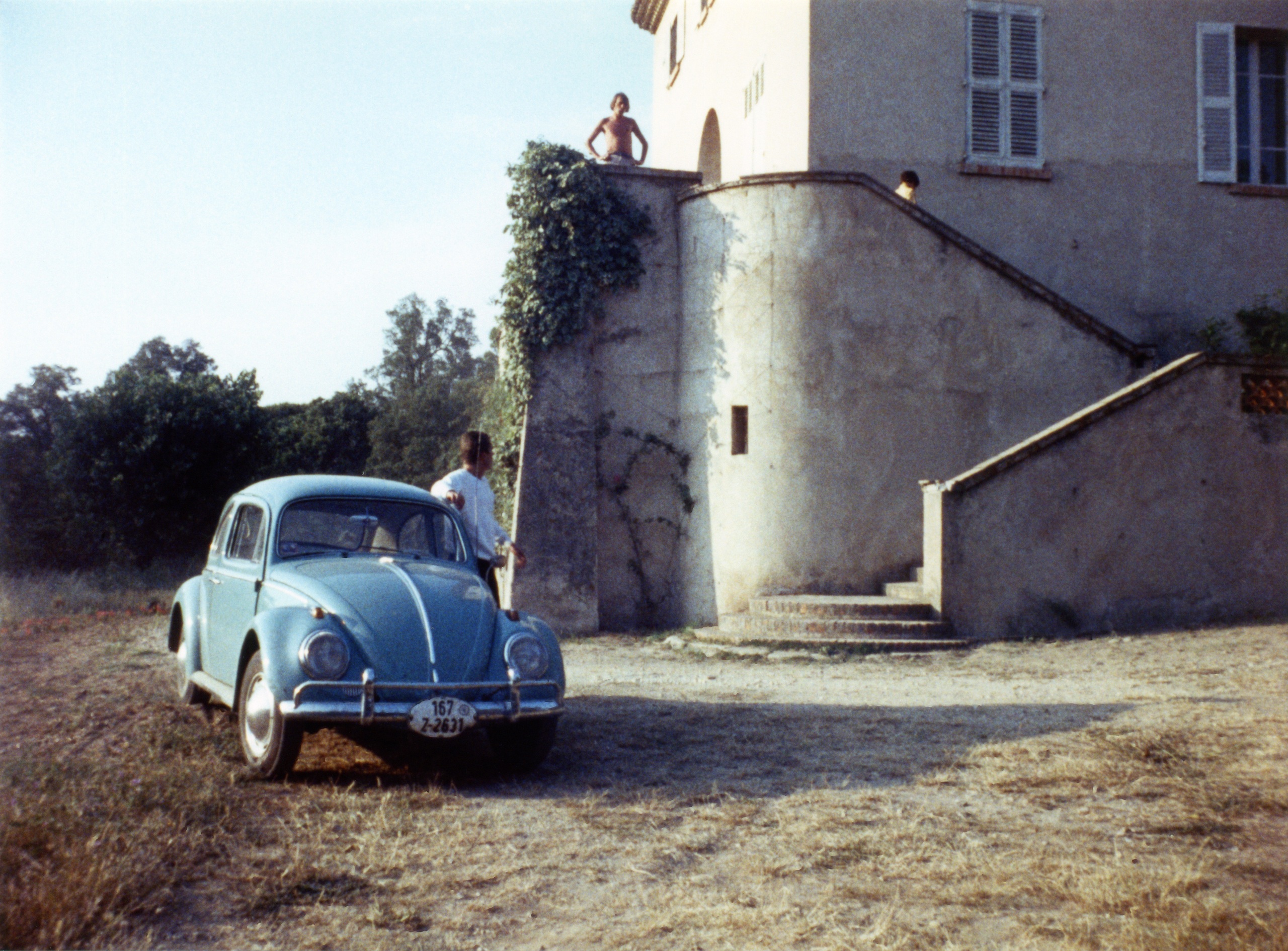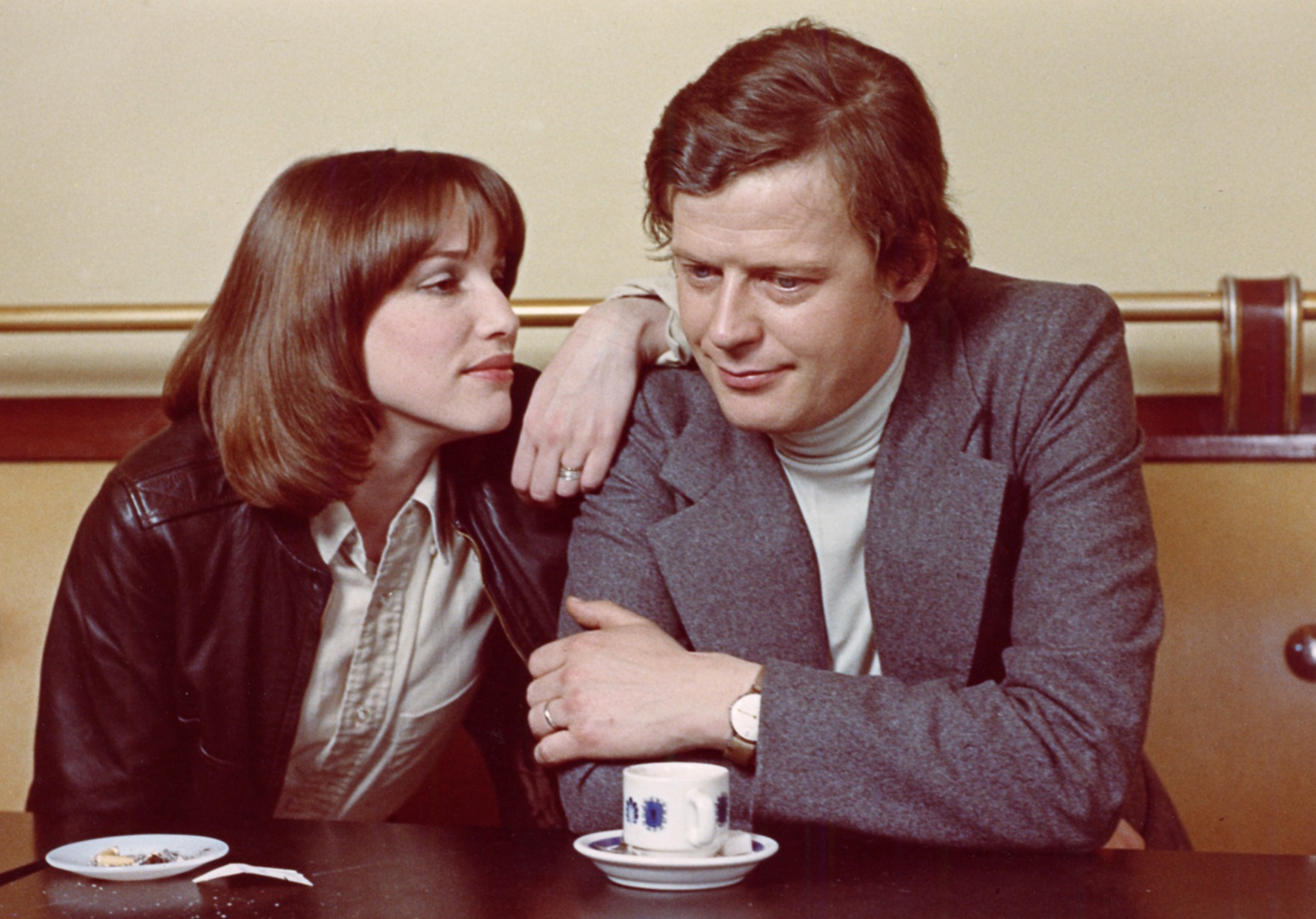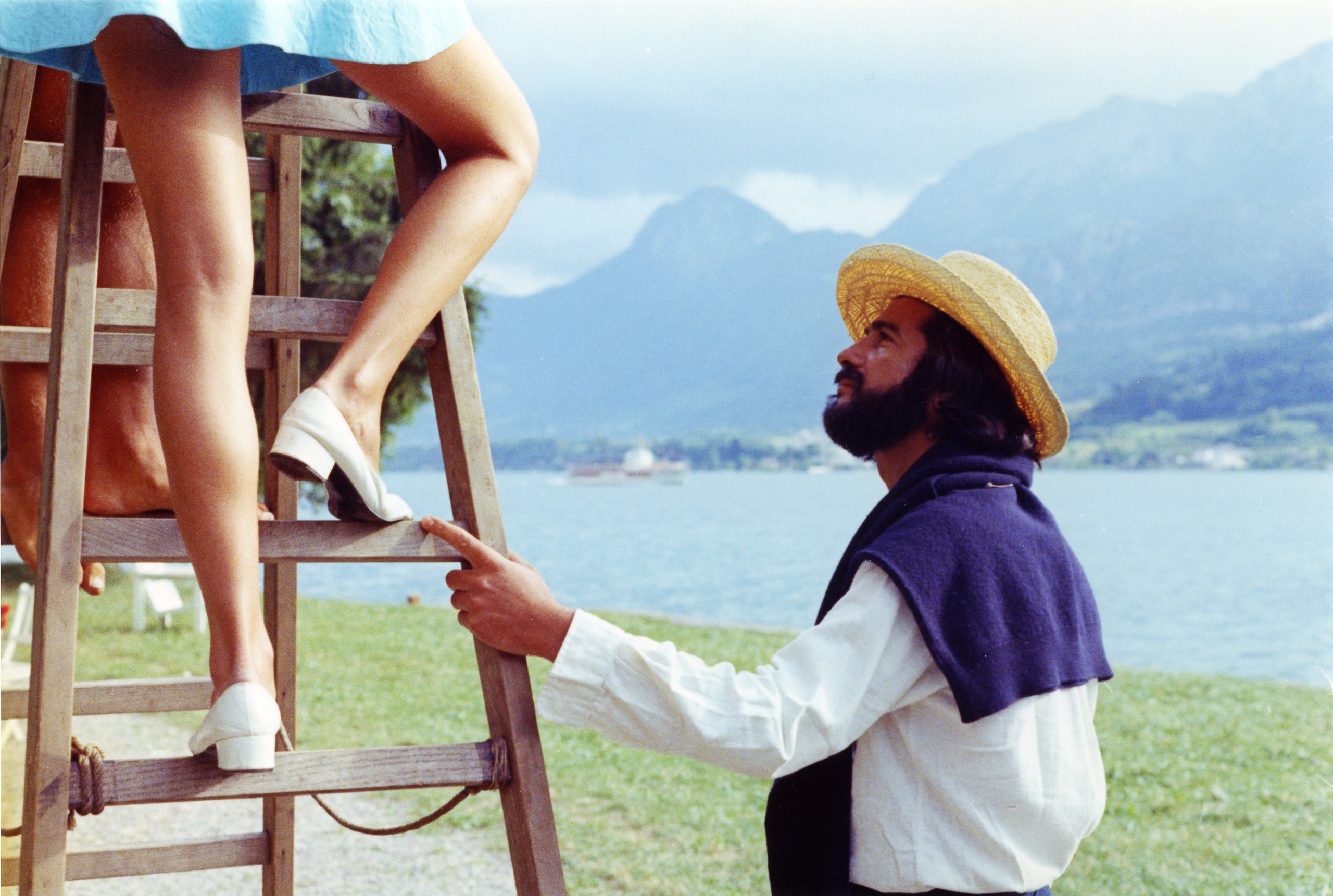One of the key directors of the French New Wave along with Godard and Truffaut, Éric Rohmer was an intellectual with an acute sense of beauty. This summer, Garage Screen is showing the earliest of his film cycles.
One of the leaders of the French New Wave, a novelist and critic writing on film and literature, the editor of Cahiers du cinéma during its best years (1958-1963)—in his films, Éric Rohmer created a wonderful world apart from the raging reality and filled with admiration of the endless beauty of living.
Directing what could be described as fairy tales in a modern setting, Rohmer often worked in cycles.
Six Moral Tales, screened at Garage, is the first of his three large cycles and fully representative of his cinematic style, combining elaborate lightness of narrative, with a feeling of a summer holiday in a resort town; brilliant and eloquently written ‘random’ dialogues with an astute analysis of human desire.
All films in the cycle explore the controversial, contradictory and impossible choices we make as lovers. The drama unfolds on the level of unconscious desires: while men rationalize their preference for a certain ‘type’ of women, they are irrationally drawn to less predictable and therefore more dangerous relations. With the exception of Claire's Knee, all films also feature internal monologues, which relieves them from theatricality. With each film, Rohmer like a composer introduced new variations to the main theme, inspired—despite the films’ apparent sentimentality—by Plato’s philosophy, or by the moral questions raised by Blaise Pascal and Søren Kierkegaard.
Like his teacher and colleague at Cahiers du cinéma, the renowned film theorist André Bazin, Éric Rohmer was a devout Catholic, and believed that cinema is there to reveal to man the beauty of God’s creation, ‘to make us see the world with different eyes and to admire, as Pascal said, things whose originals we don’t admire.’
Each screening will be accompanied by a lecture about the director, delivered by film critic and French cinema expert, Mikhail Trofimenkov, film critic and translator, Inna Kushnareva, philosopher and film critic, Oleg Goryainov, and psychoanalyst Viktor Mazin.
